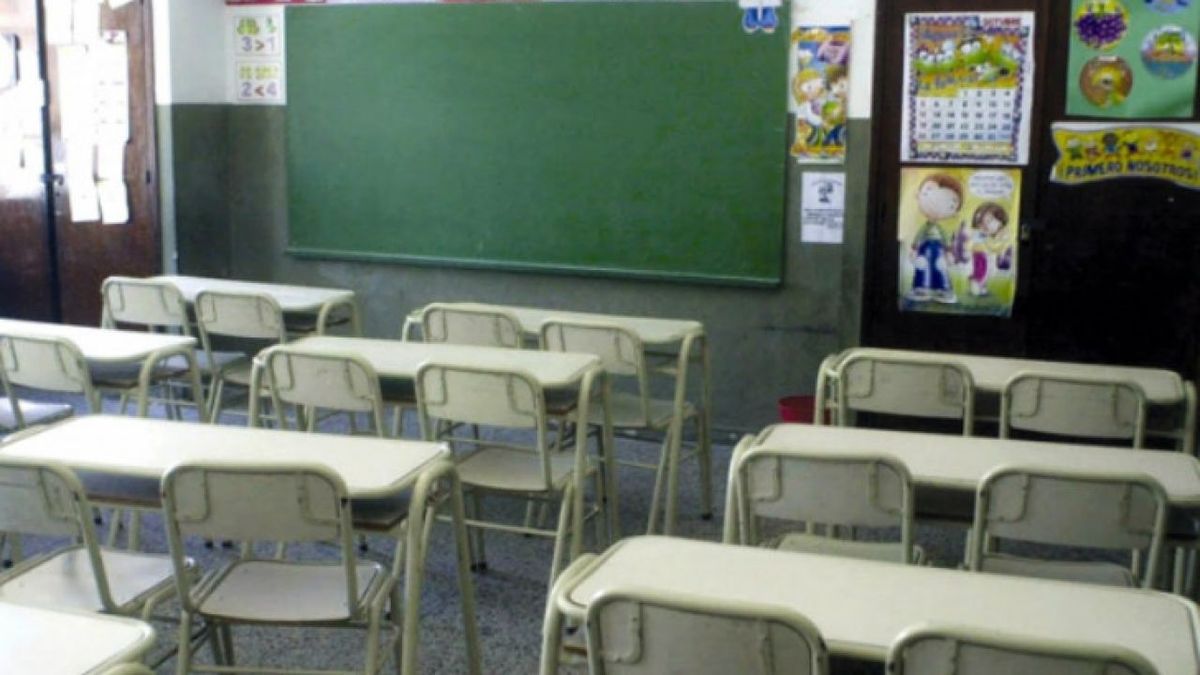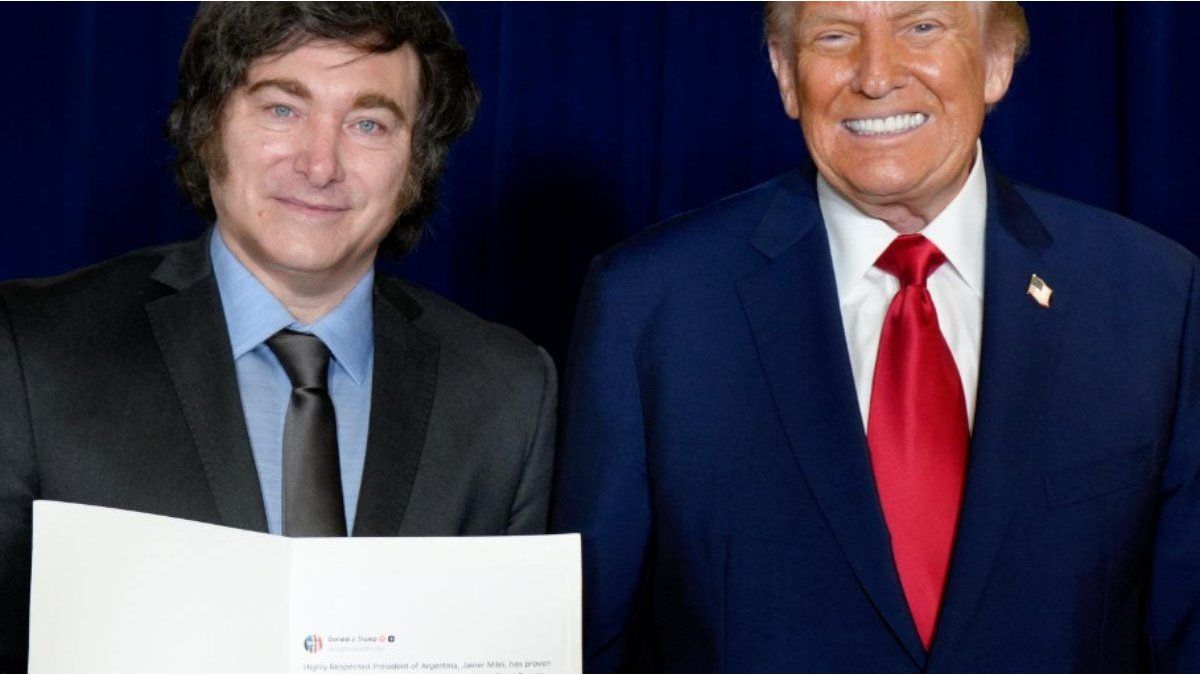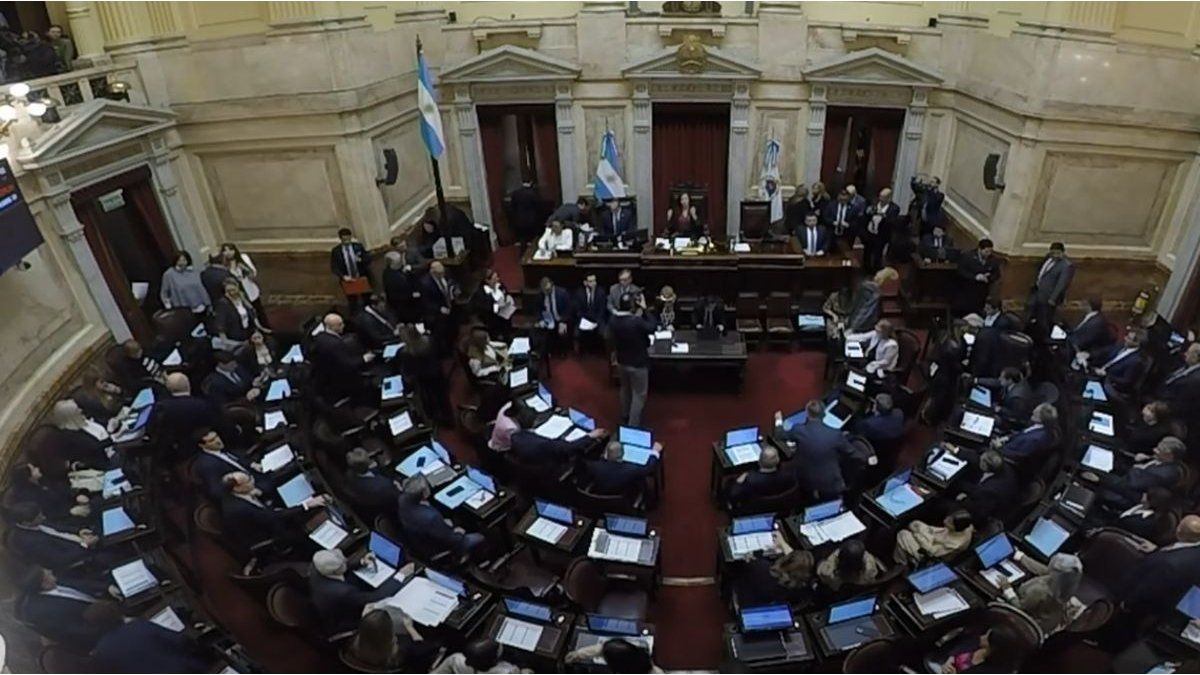As part of the teachers’ strike this Wednesday, Robert Silva, president of the Codicen, assured that the strikes in education already add up to more than 10 days lost in secondary school, while he remarked that the 40% of adhesion corresponds to primary, 34% to secondary school and 22% to UTU.
In dialogue with the Arriba Gente program, Silva regretted that it’s been 11 days lost so far this year, while in high school IAVA (Alfredo Vázquez Acevedo Institute) 20 are added. In primary school, on the other hand, the days lost add up to a total of 5.
According to the hierarch, the teacher strike this Wednesday does not exceed 50% in any of the areas of education. Specifically, there was a 34% cessation of activities in secondary, 22% in UTU and 40% in primary, with greater adherence to the measures.
What are the education unions asking for?
The Coordinator of Education Unions of Uruguay (CSEU) announced a 24 hour strike for this wednesday which included a mobilization from the esplanade of the University of the Republic (Udelar) to the Presidency building in Ciudad Vieja – asking a budgetary improvement in the next Accountability.
Through a statement, from the CSEU they insisted that they will claim for “6% of the GDP for the National Administration of Public Education (ANEP) and the University of the Republic (UdelaR)”. Regarding budget allocations, they will insist on “1% of GDP for research and development”.
The forceful measure, which has the support of numerous groups, includes slogans “against the privatization and commercialization of public education”, in addition to “for a salary equal to half a family basket” and “the creation of sufficient positions per institution; and by items for building maintenance”.
The early government response
The Minister of Education and Culture, Pablo Da Silveira, announced days ago that an increase in teachers’ salaries is not expected to be included in the Accountability. Arguing along these lines, he argued that education workers “they became a privileged group” in Uruguay.
“Teachers in salary matters were very well treated by this government, but more resources are needed,” he admitted at the time on the Who’s Who program. “In my ministry there are people who earn less than the teacher’s salary,” questioned the head of Education and Culture, denying a salary increase.
Source: Ambito




